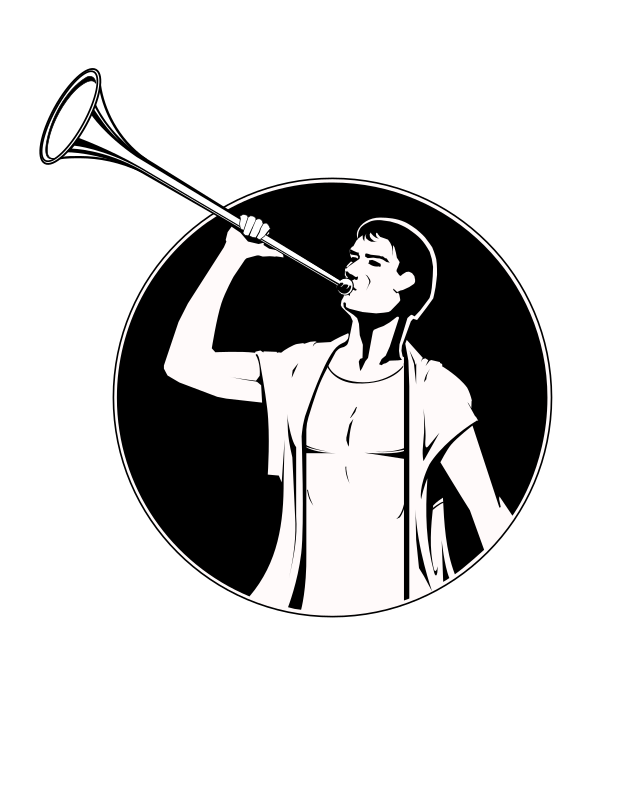Mahonri Moriancumer—alias the Brother of Jared—has always been one of my favorite characters to read about in the Book of Mormon. Perhaps it’s because we get to hear so many specific details about him and his journey. Maybe it’s because I feel I can relate to the problems he had with his prayers. The point is that I love learning about him.
In my latest reading of his story, however, I found that we can also learn a lot about someone else: the Lord.
For instance, take the very first chapter of Ether. The first thing we see the Lord do is confound the language of the people “in his wrath”. That sounded to me like the harsh, angry version of God that seems to dominate the Old Testament. But then we hear about Mahonri Moriancumer (I’ll call him M.M. for short from now on) praying for the safety of his and Jared’s families. At this point, we read three times in only six verses that the Lord “had compassion” on them. Two sides of the same God in one chapter.
We also get to see the Lord as more present than in many other books of scripture. He literally comes down in a cloud to talk with M.M. and physically leads the way for the Jaredites.
But perhaps the coolest part of the story happens after the Lord chews M.M. out in Ether 2 for not praying enough. M.M. is sorry and starts praying again, but apparently God isn’t satisfied with this. He wants M.M. to grow. Here, we get to see the Lord in as a teacher with rare detail. First, the Lord compels M.M. to pray and coordinate with Him on building barges for the Jaredites. And He withholds a direct answer to M.M.’s question about lighting the boats so that M.M. has to figure out a solution on his own. Through these actions, the Lord shows that His priority isn’t getting the Jaredites where they’re supposed to be—it’s making the people into who He wants them to be.
And thus we see that the Book of Mormon characterizes the Lord and His focus on character.


